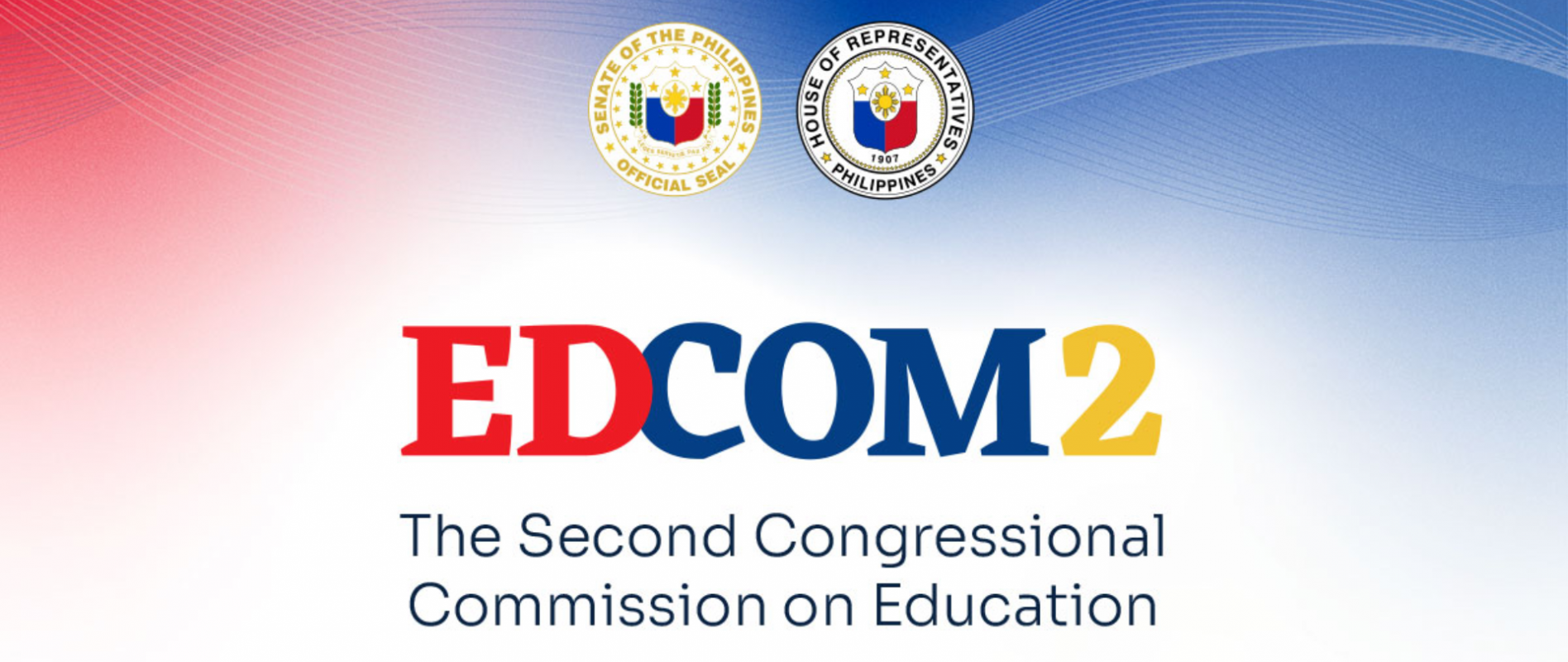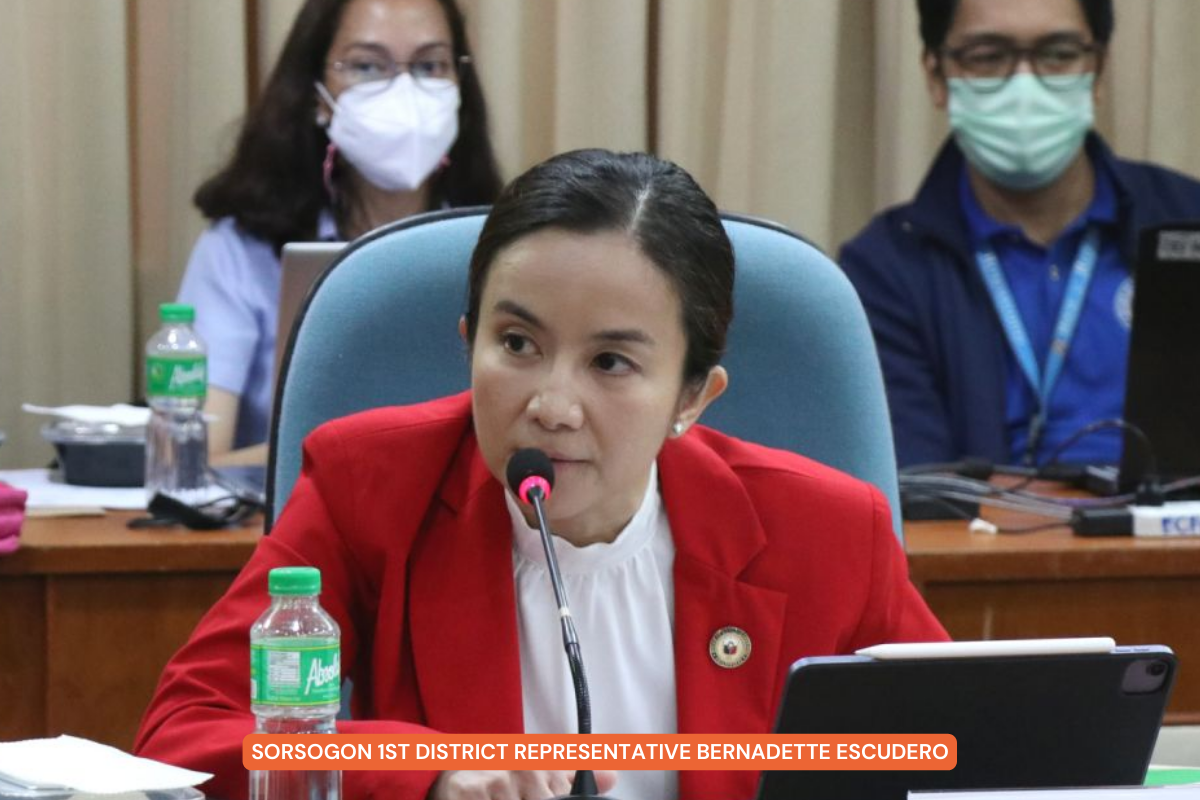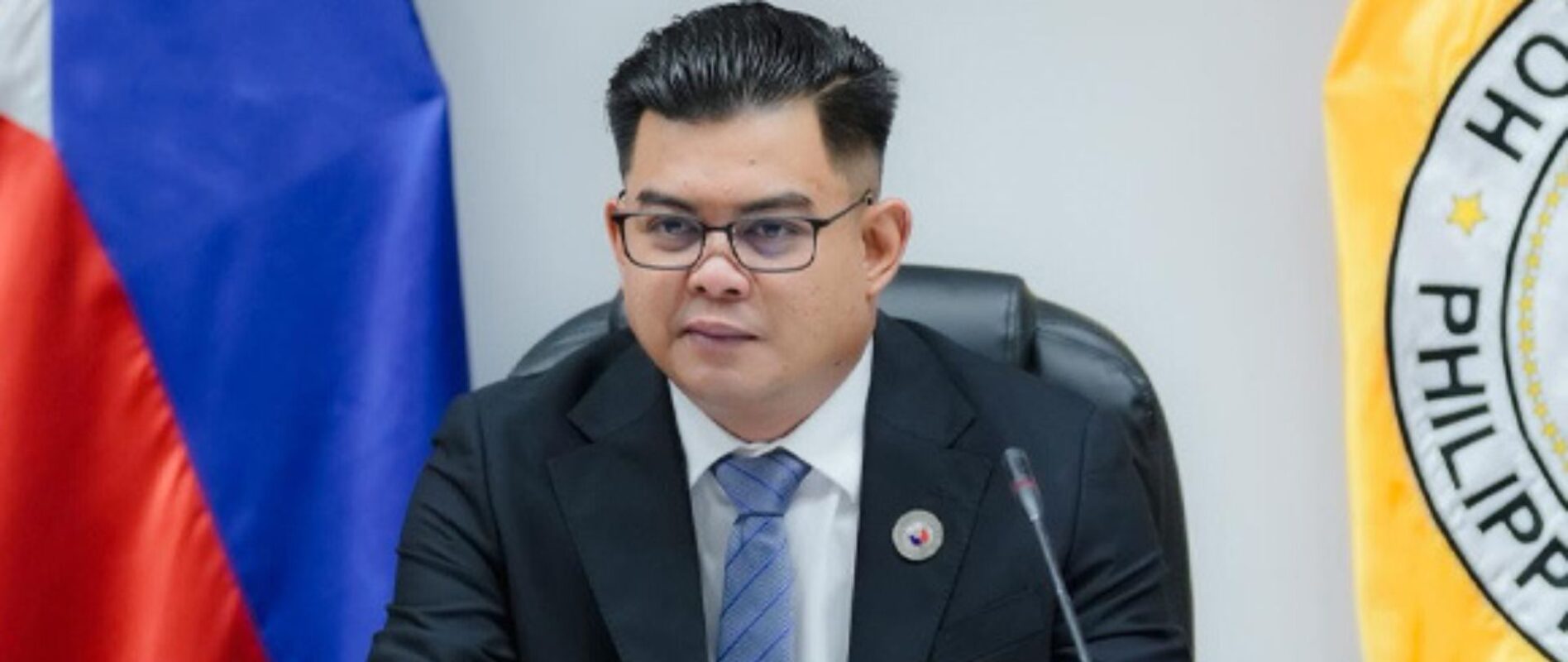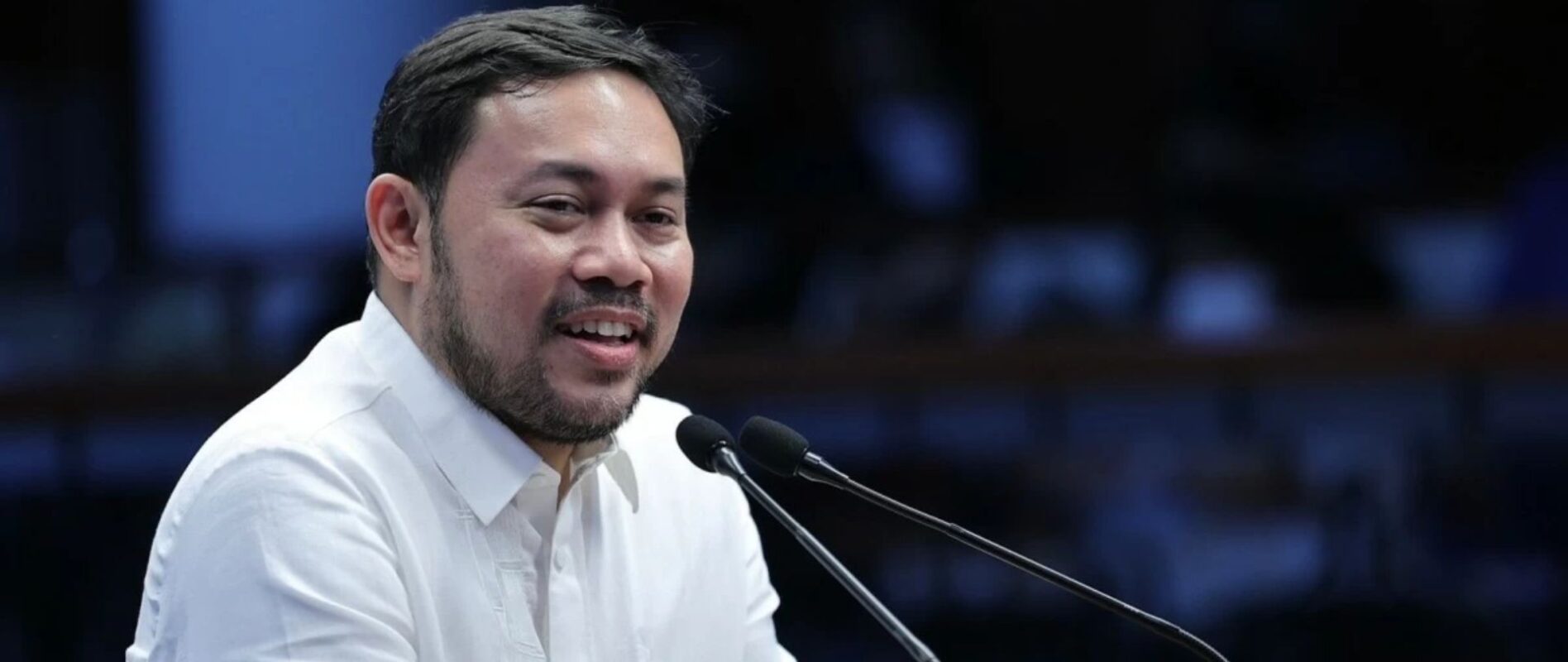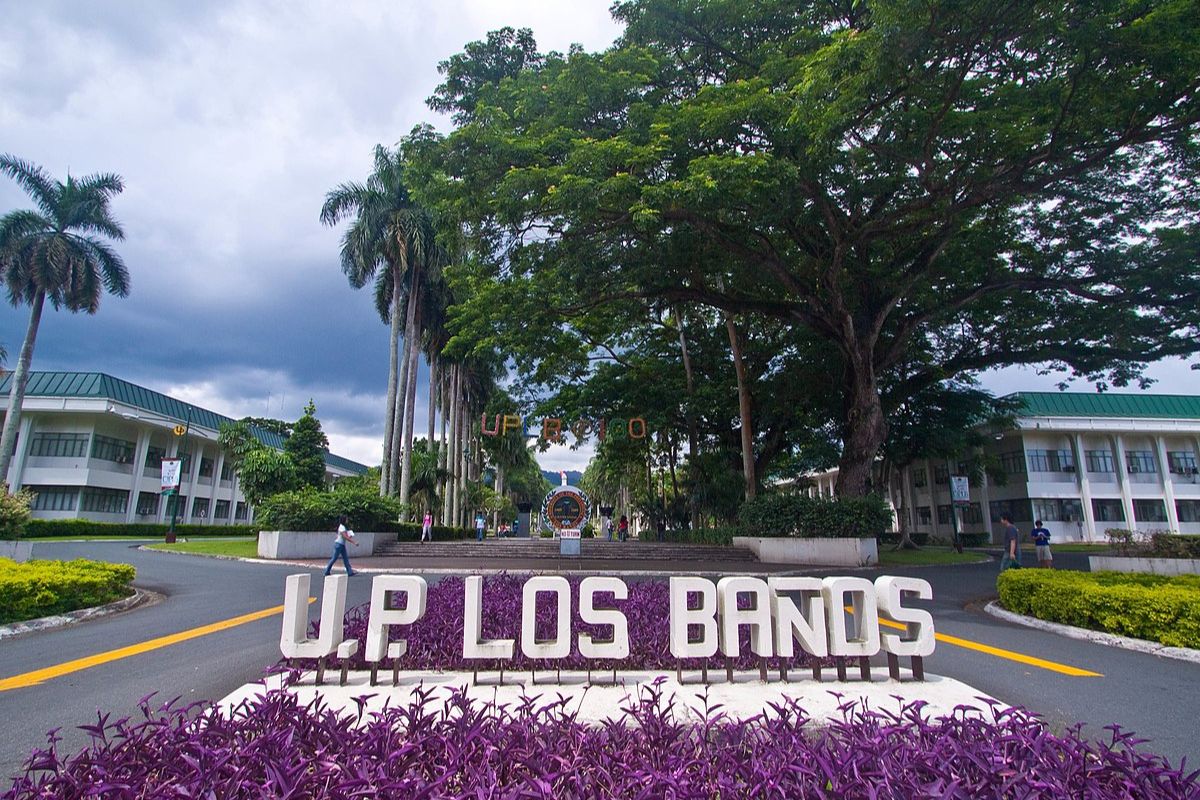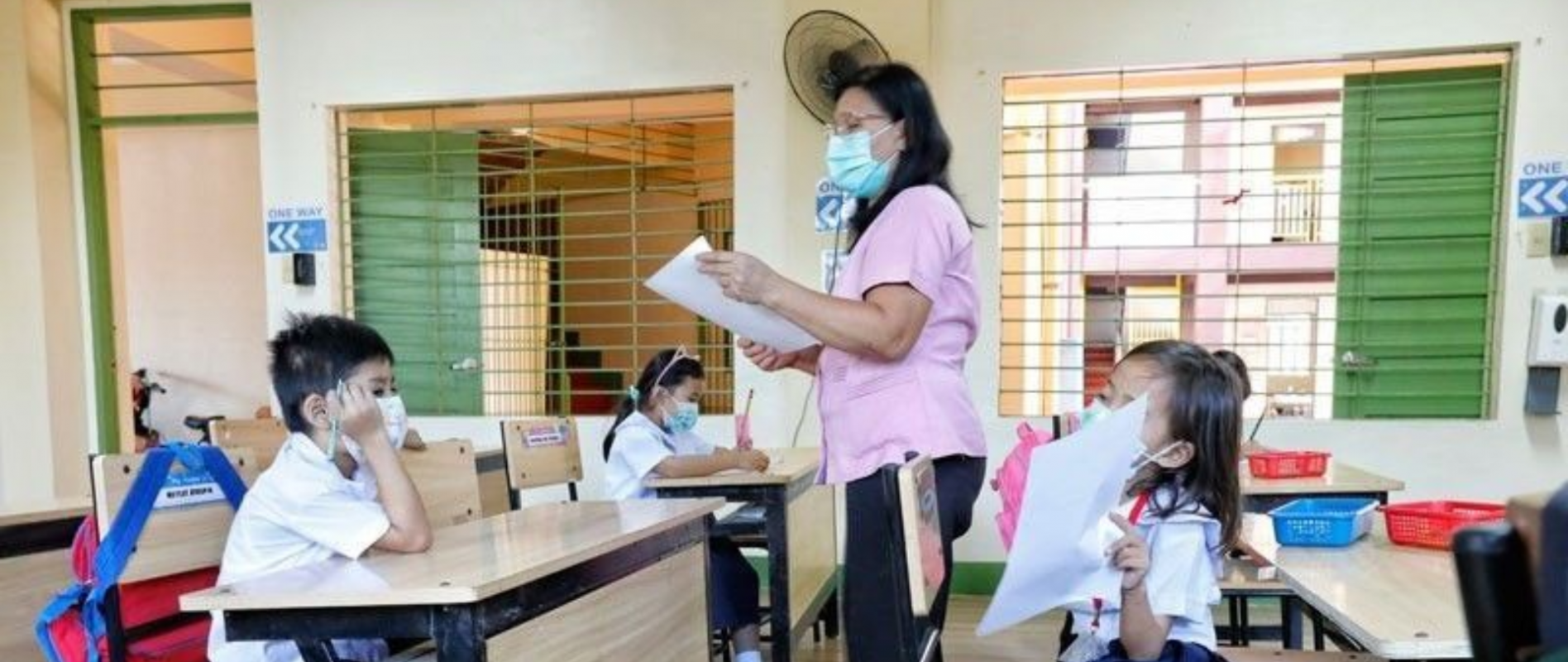EDCOM 2 TACKLES EDUCATION BARRIERS IN BARMM, CALLS FOR STRONGER NATIONAL – REGIONAL COORDINATION
THE SECOND Congressional Commission on Education (EDCOM 2) convened a high-level hearing this week to address the systemic barriers that continue to hinder educational progress in the Bangsamoro Autonomous Region in Muslim Mindanao (BARMM).
The session, which drew on new research from The Asia Foundation, underscored the urgent need for stronger coordination between national and regional education agencies to ensure inclusive and equitable access to education and related services in the region.
The hearing was led by EDCOM 2 Commissioners Rep. Zia Alonto Adiong, a former member of the Bangsamoro Parliament, and Rep. Anna Veloso-Tuazon. It was attended by key BARMM ministers and officials, as well as representatives from DepEd, CHED, TESDA, and PRC.
Discussions highlighted the importance of ensuring that nationally funded programs continue to operate within BARMM amid confusion over the region’s fiscal autonomy following the ratification of the Bangsamoro Organic Law.
Data presented by EDCOM 2 revealed that gaps have emerged in the delivery of national programs—particularly in education, health, and welfare—due to unclear interpretations of how autonomy affects funding and service coverage.
This disjunction has had serious consequences for BARMM’s youth. The region continues to record the highest rates of malnutrition and stunting in the country, with 34.3% of children under five stunted and 48.2% of households experiencing moderate to severe food insecurity. In basic education, nearly half of Key Stage 1 learners are classified as “low emerging” readers.
Commissioner Adiong cautioned that national agencies must not assume that the BARMM Block Grant replaces national funding.
“There seems to be an issue with nationally funded programs. Some agencies think BARMM is excluded from receiving services because of the block grant,” Adiong said. “We have tried to explain that the block grant is not a substitute and should not be treated as a replacement for nationally funded programs. Here at EDCOM, perhaps we can finally settle that issue.”
He added that misinterpretations of the region’s autonomy continue to hamper the delivery of essential services.
While participants acknowledged that the establishment of the Bangsamoro Ministry of Basic, Higher, and Technical Education (MBHTE) unified education governance within the region, EDCOM 2 stressed that this must be complemented by formal coordination mechanisms with national agencies.
DepEd OIC Undersecretary for Finance Atty. Edson Bryan K. Sy admitted that there is currently no formal coordinating mechanism between DepEd, CHED, TESDA, and their BARMM counterparts—only occasional meetings on specific issues.
Adiong proposed the creation of an interagency body to streamline coordination between national and Bangsamoro education agencies.
A major concern identified by EDCOM 2 is the lack of regulatory clarity between the MBHTE, CHED, and the Professional Regulation Commission—particularly regarding the recognition of teacher education institutions and qualifications. The absence of a harmonized policy has led to confusion over which accreditations PRC should honor when administering the Board Licensure Examination for Teachers.

